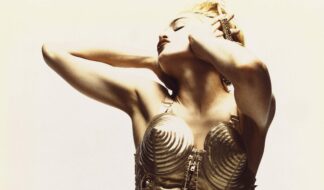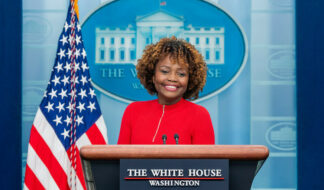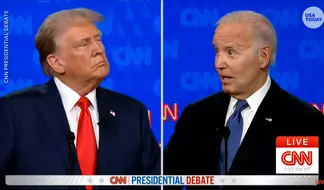Would Martin Luther King, Jr. Have Become an LGBTQ+ Advocate? His Daughter Yolanda King Thought So.
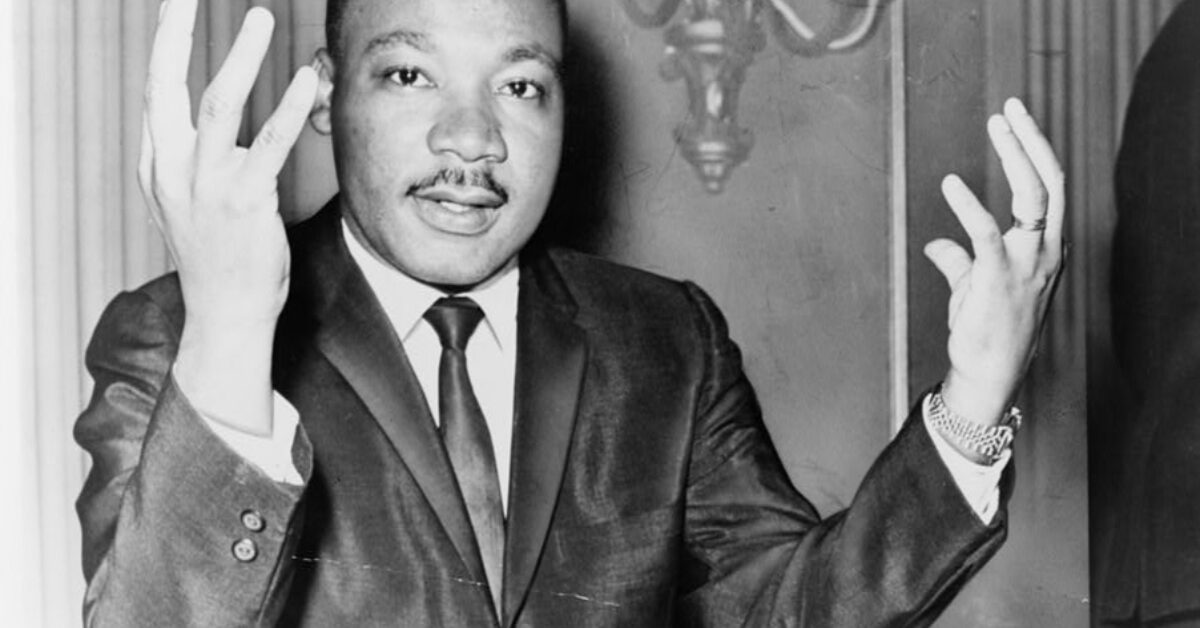
Preserving and recording Black history has always been important to me. In fact, back in 1999, it was a series I did on Black History Month for Wayne State University’s South End that caught the attention of then Pride Source Media and Between The Lines publishers Susan Horowitz and Jan Stevenson. At BTL, I continued to have the opportunity to write about Black history, particularly Black queer history. In that endeavor, and to my delight, I was assigned to interview Yolanda King, the daughter of Rev. Dr. Martin Luther King, Jr. and Coretta Scott King. She was coming to town to speak at the Human Rights Campaign’s (HRC) Michigan Dinner.
Before she arrived in town, I had the pleasure of speaking to Ms. King on the phone. She was charming but no-nonsense. She had a legacy to uphold, after all, and it was clear she felt it was a serious mission.
Of her father, when asked how she believed he would feel about LGBTQ+ rights, she was clear. “My father said it on numerous occasions: ‘Injustice anywhere is a threat to justice everywhere,’” she said. “If we exclude and discriminate against any group of people, it affects us all. It’s really that simple. The civil rights movement that I believe in thrives on unity and inclusion, not division and exclusion.”
And when speaking of her mother, who was still living and running the King Center in Atlanta, Ms. King was equally verbose. “People just don’t know,” she said. “They have no idea what this woman has sacrificed, and what she, herself, contributed over the years. … I just believe the record needs to be set straight.”
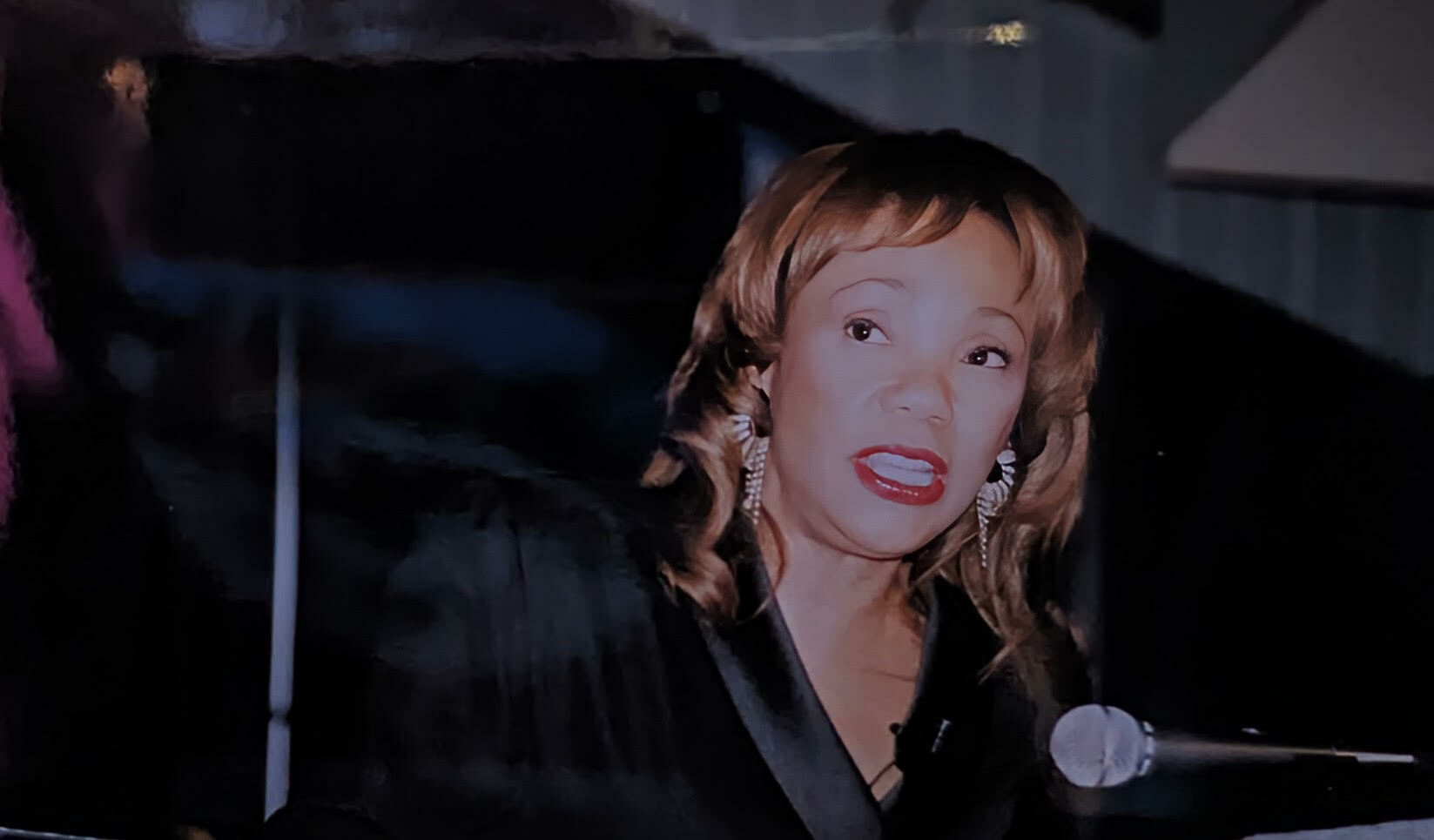
Ms. King’s reasons for speaking at the HRC dinner and getting involved in the battle for queer rights were her own, however. “What led me to my concern and my involvement is because of the number of friends that I have that are gay,” she said. “They have had so many struggles in their lives because of it. I just think that the unfairness of it has always touched my heart and my spirit. It seemed very much connected, as far as I was concerned, to the area of justice and discrimination in our society. If, indeed, you are somebody who is a freedom-loving person, then that extends to everyone. There are no exceptions. There is no one who should be left out of that equation.”
Once she arrived in town, I was excited to meet her at the actual event. I arrived early as there was a small pre-dinner reception taking place for Ms. King. I was slightly uncomfortable in my rented tux, as I always am when I’m dressed up, and was adjusting the too-tight collar and tie just before she came into view.
She was tall, elegant and stylish. She held a glass of wine in her hand. But when it came time to take pictures, she passed it to her assistant. My dear friend June Washington Bass, a co-host of the dinner that year, introduced me to Ms. King.
To my very pleasant surprise, Ms. King told me she loved the article, especially that I didn’t refer to Mrs. King as just a legend’s wife. I had noted her early involvement in the civil rights movement, which continued after her husband’s death.
Ms. King enjoyed the story so much, in fact, that she asked me if I’d like to meet her mother, one of my personal heroes, on my upcoming trip to Atlanta to cover the Creating Change conference. I was flabbergasted and thankful for the thick carpet beneath us because I felt sure I was going to faint.
True to her word, she set up the meeting. It was arranged through Lynn Cothren, Mrs. King’s assistant, who happened to be a gay man himself. Mrs. King was speaking at the conference. Following her remarks, I was led to a private room just off the ballroom of the Westin Peachtree Plaza to speak with her. It happened nearly a quarter of a century ago, dear readers, and it remains to this day one of the greatest highlights of my journalistic career.
I continued to follow Ms. King after that and kept tabs on her work, which largely incorporated the performing arts. Ms. King was an actress as well as a writer, director and producer. She was working on a mini-series about her mother until her untimely death just seven short years later. Ms. King was only 51 when she died in 2007. Mrs. King had died a year earlier.
Since then, the narrative around Dr. King’s presumed support of queer rights has been challenged. Bernice King, the youngest of the four King children, grew up to be an anti-gay pastor. She organized a march in support of a constitutional amendment to ban marriage equality in Georgia. She famously remarked that she knew “deep down in my sanctified soul that [my father] did not take a bullet for same-sex unions.”
Thankfully, that’s not the way her mother or older sister thought. And hopefully, their good deeds will not be overshadowed by Bernice’s closed-mindedness.
“What I try to convey in everything that I do — speaking, performing, living my life every day — is to encourage the best in everybody, to encourage people to honor themselves and let their light shine,” Ms. King told me. “If we could all do that, whew, what a different world it would be; if we truly honor ourselves and each other and honor the sacredness of the human spirit in every instance, it would be revolutionary.”
Revolutionary, indeed. Much like Ms. King and her mother and father before her.

